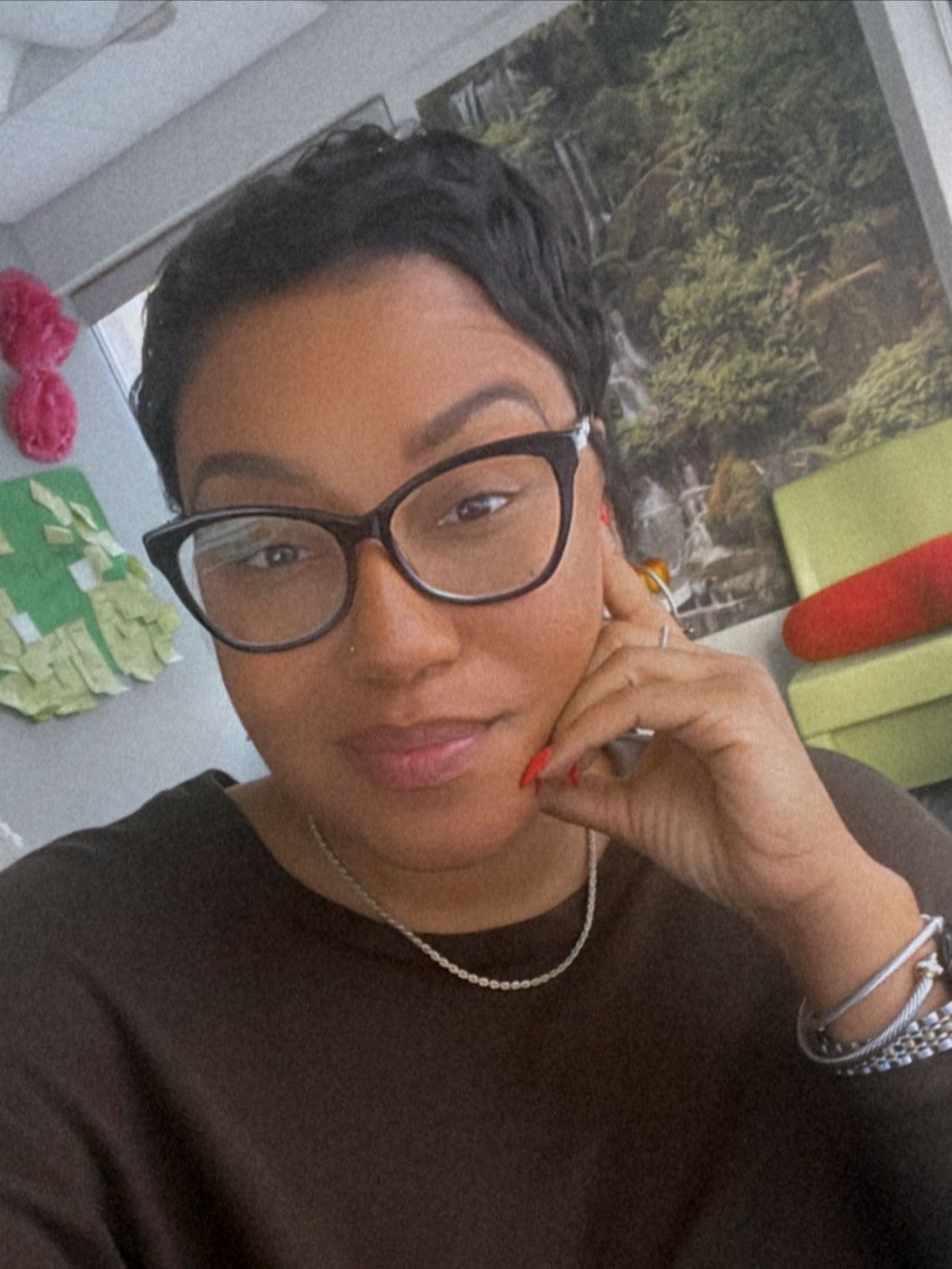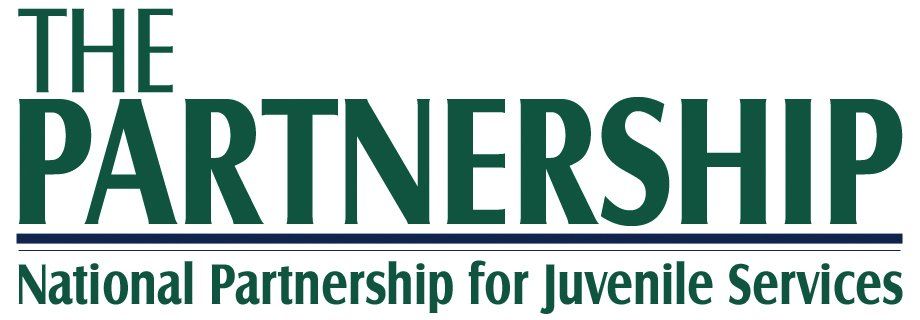Read Our Employee Interview
Juvenile Justice Spotlight

Dr. Adrian Faulkner-White, LPC
Community Mental Health Services Program Manager
Agency: DC Department of Youth Rehabilitation Services
Office Location: Washington, DC
1. What is it that attracted you to the youth rehabilitation services field?
“I was headhunted in 2017 to join the youth and family service division. Ultimately, what made me say yes was the opportunity to use this platform to change the narrative around how behavioral health is understood and perceived, especially for system impacted youth in the nation's capital. It was also important for me to be a representative of healing and self-care rather than prioritizing diagnoses and compliance.”
2. What is it about your job that gets you excited?
“I truly enjoy working with the youth and families I serve. I love the daily engagement, that I get to write and revise policy, implement evidence-based programs, and shift the way mental health is perceived and conducted. Despite the hour commute each way, every day, being impactful, it is totally worth it.”
3. With your work with the DC Department of Youth Rehabilitation Services, what exciting changes do you see happening?
“Fresh off a conference, I’m more inspired than ever. I'm excited about the policy changes ahead that will help to reshape rehabilitation altogether. I am also excited about the increase in pro-social activities and life skills training that will be offered not just for the youth but their families as well. Of course, there may be hiccups at the start, but that is why it’s important for us professionals to acknowledge that we are partners in this process and that ultimately the youth and their families should be at the table leading the decision making.”
4. Who is your mentor(s) in the field? What is something that they taught you?
“I’ve been inspired by so many leaders and experiences on my career path, however the person, my mentor, that has helped me navigate this journey thus far has been my best friend, Nicole Guyton. Although she lives miles way, she provides sound advice, challenges me to go beyond my threshold, and loves to send memes and uplifting content for momentum. I have also been fortunate to work alongside incredible colleagues, both past and present, who inspire me to keep pushing forward. My current supervisor and team are supportive, collaborative think tanks, equally invested in advancing the field. And of course, the youth I work with who consistently teach me patience.”
5. So, I've decided I'd like to make working in juvenile justice my life's work. What advice would you give somebody just starting out?
“My advice to someone starting out would be to ensure that your passion for this work is coupled with compassion, operated with intent. I’d also encourage focusing on building relationships rather than power struggles over rules. Trust and connection are essential.”
6. Tell us about your most memorable event or situation in the field.
“When I first came to DC from Chicago, I thought I was going to do amazing things quickly and matched the energy by looking the part. Within my first month of being with the agency, I went to YSC – Youth Service Center – to meet with the girls on their unit and was immediately challenged by their questions and comments. They thought I was an attorney and didn’t believe I was a therapist let alone a “doctor”, and were taken back by what I was sharing. It was the most humble and grateful experiences ever and I’d never forget it.”
7. What words of wisdom do you find yourself consistently giving to those you work with in Juvenile Justice?
“Kids pick up and understand whether you authentically care about their wellbeing or are merely there for a check. I find myself sharing the importance of being intentional and not leaving the workday with unfinished business”
8. In looking through an objective lense, how can the current state of Juvenile Justice improve?
“First and foremost, quoting the Omowale Project Executive Director, Emani Davis, ‘the term juvenile justice should be replaced with youth justice.’ It is important to remember that these young individuals faced traumatic challenges within their short lifespan thus far and that the term “juvenile” carry stigmatizing connotations. Changing the term could help reframe societal perceptions and encourage a more compassionate rehabilitative approach within the field.”
9. What is your proudest accomplishment in the field?
“What comes to mind right now is the development and implementation of the community mental health department team within DYRSc, also known as the HRT team. Knowing that youth and families impacted by the justice system would not be as eager to seek support, due to stigma, especially within Black and Brown communities, it has been pretty fulfilling to know I’ve had a hand in breaking down barriers and shame and fostering a space that prioritizes wellness and self-care.”
10. When you're away from work, what do you enjoy doing?
“OMG, I am a DIYer! I built my little breakfast nook (I had help) and am often looking for more projects to accomplish. I also thoroughly enjoy attending sporting games with my husband and get a huge kick out of planning and hosting parties for my family and friends.”
